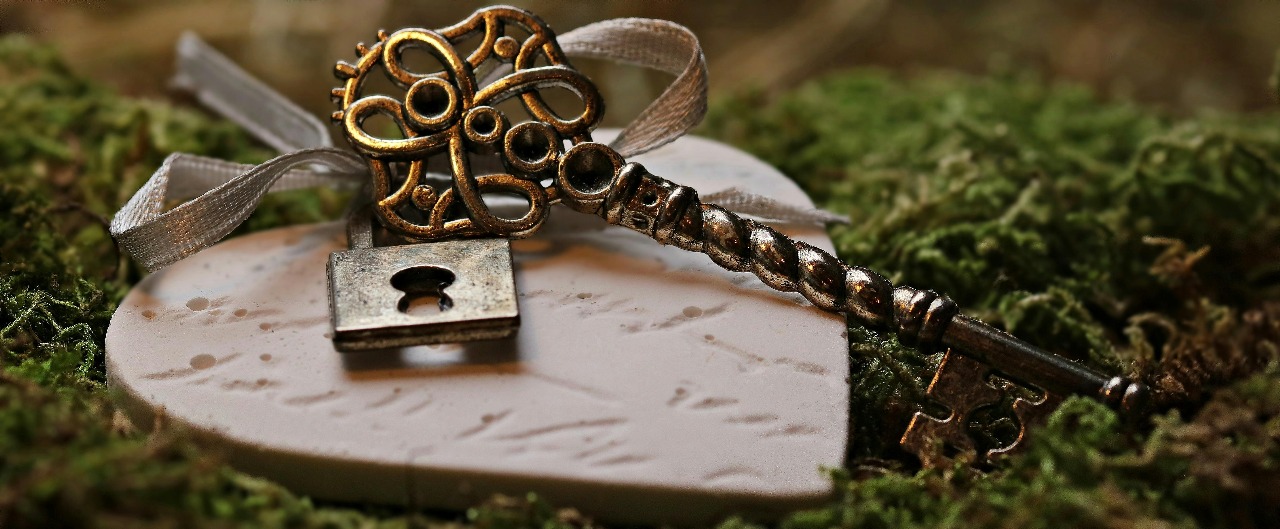If you have ever found yourself going back to someone who hurt you.., You are not weak. You are not foolish. You are human. What feels like love often turns into anxiety, self-blame, and sleepless nights. The way out begins with recognizing the cycle and choosing yourself over the chase.
In therapy, we hear this story almost daily: they disappear for days, send one-word replies, keep you second guessing yourself. And yet, the moment they reach out, your heart jumps. You explain away the silence. You lose sleep waiting for closure that never comes.
Sometimes, that is not an accident. Sometimes, it is a game and you are the one being played.
Why Do We Keep Returning?
A person walks away from a relationship that left them anxious, restless, and doubting their own worth. They know it is not good for them. And yet, somehow, they find themselves drawn back, answering that late night text, checking that “last seen” status, hoping for a sign of warmth. It is not because they are weak. It is because the mind, especially when self-worth is fragile, plays tricks to protect what feels familiar.
The Justifications We Tell Ourselves
When someone we care about disappears, replies with one-word messages, or suddenly turns distant, our minds scramble to explain it away:
- “They must be busy.”
- “Maybe something happened in their life.”
- “I might have upset them without realizing.”
Even when a part of us knows something is not right, we try to protect ourselves from the pain of rejection by making their absence seem reasonable. It is a way of holding onto hope, but it comes at a cost.
The Hidden Cost: Anxiety and Sleepless Nights
The uncertainty begins to eat away at us. We replay old conversations, comb through their messages, analyze every emoji, every pause, every tone shift. Our bodies respond with restlessness, sleepless nights, tight chests, and episodes of anxiety. The silence becomes louder than any argument.
Why Their Distance Feels Magnetic
For many, the monosyllabic responses and emotional withdrawal are strangely intoxicating. We want to fix it, to pull them out of their gloom, to be the one who makes them smile again, no matter the cost to our own peace. But that dynamic is rarely about genuine care. It is often about proving our worth to someone who keeps moving the goalpost.
The Cycle of Self-Doubt
In this pattern, we stop asking whether their treatment of us is acceptable, and start asking whether we are the problem.
We second guess ourselves:
- “Was I too clingy?”
- “Did I say something wrong?”
- “Maybe I am expecting too much.”
This self-blame cements the toxic cycle, keeping us hooked on a relationship that thrives on imbalance.
Why Letting Go Feels So Hard: The Endowment Effect
Psychologists call this the endowment effect: our tendency to place higher value on things simply because they are “ours.” In relationships, this means we cling tighter once we have invested time, emotions, and hope even when those bonds bring more pain than joy. Because we have claimed it as part of our story, letting go can feel like losing a piece of ourselves, which makes breaking free even harder.
The Trap of Unfinished Endings
Sometimes, the person is not just distant, they are intentional about keeping you in limbo. They do not give you closure because they know it keeps you hooked, keeps you chasing, keeps you craving their attention. It is not confusion, it is control. Like a cat playing with its prey, they dangle just enough contact to keep you alive in the game.
Breaking the Cycle
The first step is to name it for what it is: a cycle driven by hope, fear, and a need for validation.
In therapy, we work on helping people:
- Notice the pull without acting on it.
- Challenge the justifications the mind offers up.
- Reconnect with self-worth so that love no longer has to be earned through fixing or enduring.
Closing Note
- Love should not feel like a puzzle you have to solve to be worthy of it.
- Sometimes closure is not something they give you, it is a choice you make.
- Walk away, not because they do not matter… but because you do.
If this feels familiar, therapy can help you break the cycle, rebuild your sense of self, and choose love that feels safe. Reach Out to Dee-Cognito

